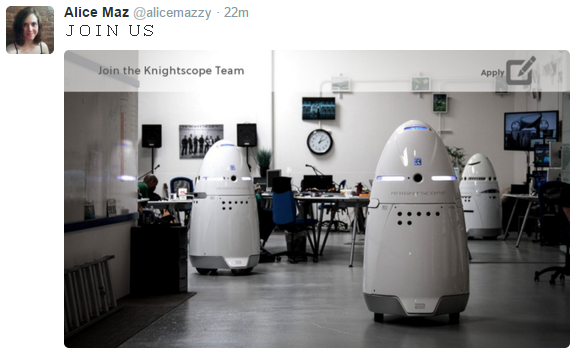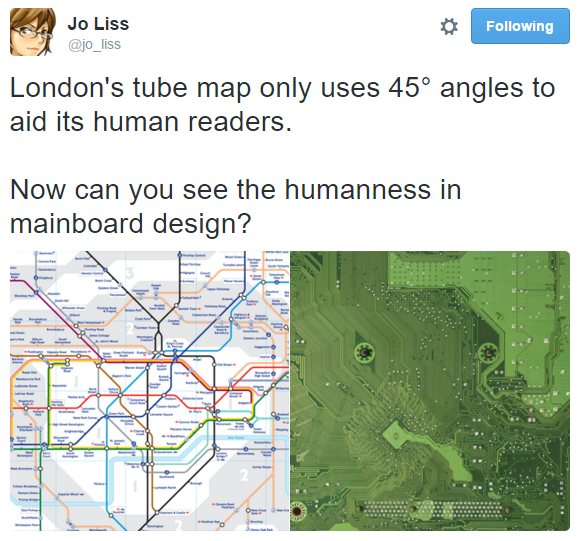“That’s a cop, you moron,” she hissed in his ear, tugging him down the tight alleyway. Actually, it was too small to be an alley — more like an unfilled gap between buildings. The concrete bricks scraped against Jason’s back. He could feel the roughness through his jacket.
“I know. But my sister is still out there,” he protested, squinting through the narrow channel to the street. He could vaguely hear yelling but couldn’t see much.
Evvy yanked on his arm. “We can’t do shit for her right now. And if you don’t come with me, I can’t do shit for you either.”
He blew air out between his lips. Jason could feel the headache expanding in his brain. When they had dodged into this space, the cop was still fifty feet away. His sister Melissa was frantically packing up her mobile shop, where she sold game IP burned onto old spindisks. Evvy was holding, so she panicked and dragged Jason with her into this tightly squeezed escape route.
Pain spiked in his temples. Jason closed his eyes and shoved his way after her. Evvy muttered an expletive. “Do you know what’s on the other side?” he asked.
“Yup,” she said curtly. “We’ll be fine. I don’t think anyone saw us. But let’s move fast, okay?”
“Melissa saw us.”
“We have to hope she doesn’t squeal,” Evvy growled.
Jason didn’t answer. He felt guilt spreading through his head along with the throbbing soreness.
If the cops caught you with amphetamines and neuro hookups, they’d arrest you. So of course Evvy was afraid. After you were rounded up, there was a slim probability that you’d disappear. Rumored locations ranged from North Korea to Tennessee to an ignominious hole in some police chief’s backyard. The rumors were probably exaggerated — people got picked up and released all the time. But Evvy was paranoid. She had resistance friends. Like him.
Contraband game IP wasn’t such a big deal, Jason told himself. Besides, Melissa was quick. She might have dodged into another unseen escape avenue. Or sweet-talked her way out of a full search.
Evvy gripped Jason’s elbow and pulled him back into the light on an open street. He stumbled slightly as he followed her. “Keep it together,” she said in a strained voice.
“I’m cool,” he said. “Just getting a headache.”
“Stop worrying about Melissa. And don’t freak out on me. I’ll plug you in. Just give me a minute to get us —” Evvy stopped mid-sentence. There was another cop in front of them.
“Hey,” the officer said. He had his fists on his hips, and his sleeves were rolled up so that Jason could see the chrome forearm reinforcements. They weren’t powered on, but the threat was implicit. Metal banded the cop’s wrists, and it shifted when he did.
Evvy was half-crouching, but she straightened when the officer spoke. “Can I help you, sir?” It’s better to stay alive than make a point, Evvy told herself. It’s better to stay free and kicking. She tried to beam this thought to Jason even though 1) she didn’t have neuro ports and 2) he wasn’t aggressive enough confront this guy anyway. Jason seemed frozen like an old OS.
The policeman said, “Why are you in such a hurry, folks?”
“We’ve got an appointment,” Evvy answered.
“Sure,” the cop snorted. “You’re late for a very important date. Okay, you know the drill. Face the wall and get your hands on the brick.”
Evvy turned. Adrenaline buzzed through her brain. The stash wasn’t directly in her pockets, but it wasn’t hidden very many layers deep. She cursed herself for choosing convenience over security. Sloppy. Of course you get caught.
Jason put his hands on the wall and felt his weight pulling on his shoulders. The pain in his head was intensifying. It felt worse than a regular headache. He could hear the officer talking — recognized the noise as a voice — but units of sound weren’t converting to understandable words.
The cop started patting down Evvy. “When I see scrapers like you two running, I know something’s wrong.” He ran his hands up and down her legs, then reached into her pockets to turn them inside out. He grabbed her four-inch wafer and looked it over briefly. “Old school.” The screen awoke when he tapped it. “Unlock this,” he ordered, prodding Evvy to turn around.
Before she could do it, Jason collapsed, jerking against the wall and falling heavily to his knees. He toppled further toward his right side and landed half-twisted, mouth lolling open. Evvy stared at the red wet opening. She noticed that Jason’s teeth were still wired together in the back, from getting fixed up after that fight.
“What’s he on?” the policeman demanded.
“Nothing,” Evvy said. “He’s clean.”
“Yeah, yeah. You kids always lie to me. Just turn over whatever you’ve got and we’ll call this even. I don’t want to deal with your boyfriend.” He nudged Jason with the metal toe of his boot. Jason made a grunting noise.
Evvy bit her lip, trying to decide quickly. Was this some kind of ploy to catch her? But he could haul them both back to the precinct if he wanted, or simply pull out his scanner. Then again, this cop could be a sociopath who got off on manipulating his perps. They certainly existed.
Evvy looked at Jason again. He didn’t seem okay. She knew he kept playing those shoddy games that Melissa ripped — maybe this was a bug. She had friends who tweaked their firmware on purpose, so surely it could happen by accident.
“Make up your mind before he pukes and chokes on it,” the officer advised.
Instinctively turning to face the wall, Evvy lifted the hem of her shirt and pushed down her waistband, then felt for the latch on her hip compartment. The patch of silicon skin popped open, and she pulled her stash out. “Here you go.”
The policeman took her plastic bag of amphetamines and the small tangle of neuro hookups. He stuffed them in his pocket, nodded to Evvy, and started strolling away. She tried not to think about the money.
Passersby were skirting the scene and walking on. Evvy knelt by Jason’s head and jostled him a little. He groaned. “Wake up, Jason,” Evvy said. She slapped his cheek softly. “Now would be a really fucking good time for you to wake up. I want to get out of here.”
He opened his eyes but didn’t say anything.













